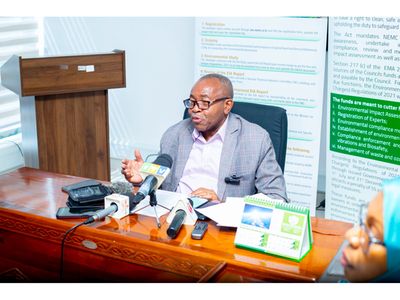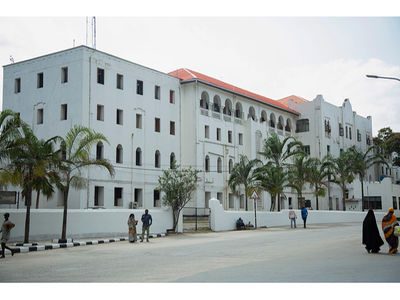
In today’s hyper-digital world, the media is no longer just a gatekeeper of information it is a contender in the battlefield of attention. With the average person exposed to over 6,000–10,000 media messages daily, capturing and keeping the audience’s trust is harder than ever.
Across Tanzania, the signs are clear: newspaper circulations are declining, newsrooms are shrinking, and media revenues are increasingly being diverted to social platforms that deliver engagement without accountability. As of 2023, over 30 percent of Tanzanians were regularly getting their news through social media, especially WhatsApp, Facebook, and TikTok often bypassing traditional outlets entirely.
But what’s even more worrying is not just the competition; it’s the erosion of trust. According to a 2024 Afrobarometer survey, only 42 percent of Tanzanians said they trust the news “most of the time”, a figure that has dropped from over 60 percent a decade ago. Globally, the Edelman Trust Barometer shows similar patterns, with just 43 percent of people worldwide saying they trust traditional media. The reasons are familiar: sensationalism, bias, political influence and the perception that media no longer reflects the real stories of the people.
We are now in a situation where influencers, bloggers and unverified sources are sometimes seen as more “authentic” than well-trained journalists. The danger is not just misinformation it’s disconnection. People no longer feel that the media speaks to them, for them, or with them.
The pressure to chase clicks and likes is real. Newsrooms today measure success by traffic spikes and trending topics. But when stories are published for speed over substance, we lose not just credibility we lose connection. To reverse this trend, media must make a bold pivot from chasing metrics to delivering meaning.
Let’s take an example: a breaking political scandal will grab attention but an explainer that links it to the price of unga (flour) and how it affects household budgets will earn respect. A data-driven story on youth unemployment, told through the lens of a young bodaboda operator in Mbeya, will go further than any press release.
Our opportunity lies in hyper-relevance. If the media is to win back trust, it must become a true service provider not just a broadcaster. People want to understand, not just be told. We must use data, visuals and storytelling that make sense to everyday citizens. What does inflation mean to a mama ntilie? What does climate change mean to a fisher in Bagamoyo? Journalists need to show how stories are sourced, who funds investigative pieces and where conflicts of interest may lie. Transparency builds credibility.
Media must also go where the people are WhatsApp, Telegram, YouTube and amplify under-represented voices, especially from youth and rural communities. At the same time, sponsored content and corporate partnerships should be clearly labelled. Readers can tell when content is bought but they respect honesty. Integrity should never be compromised for short-term gain.
Meanwhile, the backbone of any trustworthy media system is well-supported, well-trained reporters. According to the Media Council of Tanzania, there are over 200 active journalists operating without full accreditation. Investing in training and safety, especially for regional reporters, is key to quality content.
This is not just an editorial challenge; it’s a commercial one. Advertisers want trusted platforms. Media that is seen as trustworthy will have a competitive advantage in both audience loyalty and revenue generation.
Across various newsrooms in the region, we have seen that when media houses commit to producing specialised content such as health explainers, agriculture-focused features, climate reports, or investigative local governance stories they not only engage audiences deeply but also attract purpose-driven advertisers and partners. Impactful journalism, when executed with clarity and purpose, opens doors for both revenue and relevance.
There’s also a civic responsibility. A well-informed citizen is a more engaged one. Whether it’s holding local government accountable, promoting health practices, or explaining new regulations media plays a role that no algorithm can replicate. In this sense, the war for eyeballs isn’t about attention; it’s about accountability. It’s about ensuring that truth-telling institutions survive in a world where fake news often travels six times faster than the truth, as one MIT study found.
So where do we go from here? We must stop comparing ourselves to influencers and instead lean into our strengths: facts, fairness and framing. We must serve the bodaboda rider, the teacher, the entrepreneur and the digital native not with more noise, but with trusted, tailored and transformative journalism. Because in this battle for attention, our weapon is not sensationalism. It’s substance.
Angel Navuri is Head of Advertising, Partnerships and Events at Mwananchi Communications LimitedRead More




